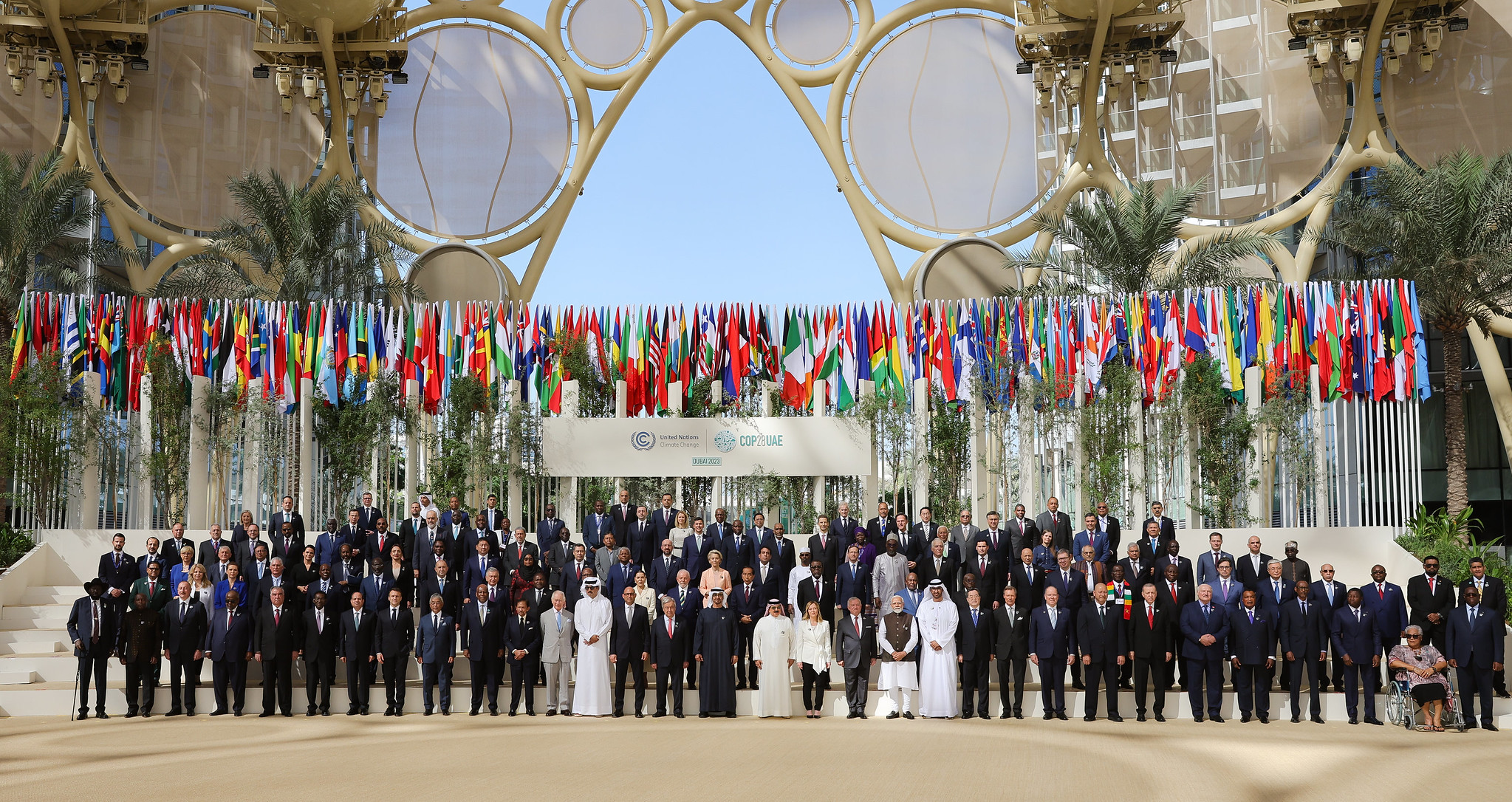Late last week, the House of Representatives passed the Electrify Africa Act (H.R. 2548), a bill aimed at improving access to reliable, affordable energy across sub-Saharan Africa. Here’s a summary of the bill and here’s why it matters:
1) The House approved bipartisan legislation!
With so much attention focused on partisan vitriol, we should celebrate cross-party consensus – and in an election year, no less! Look no further than the bill’s sponsors, House Foreign Affairs Committee Chairman Ed Royce (R-CA) and Ranking Member Eliot Engel (D-NY), along with their dedicated staffs for setting an important example, shepherding the bill through committee, and marshaling support from colleagues on both sides of the aisle. The Electrify Africa Act also enjoyed support from a diverse coalition of outside allies, including the ONE Campaign and the National Rural Electric Cooperative Association. And as Ben Leo pointed out, the bill benefited from analysis by the Congressional Budget Office, which calculated its provisions would actually save $86 million over five years.
2) Congressional support helps beyond 2016.
Endurance and sustainability are always questions for Administration-driven initiatives. President Obama announced Power Africa last June, but will the initiative last beyond 2016? The winning formula for lasting impact seems to be both Presidential and Congressional backing, accompanied by authorizing legislation (see PEPFAR and MCC).
3) A first step toward development tools of the future.
Included in the Electrify Africa Act is a three-year reauthorization of the Overseas Private Investment Corporation (OPIC), the US development finance institution. As developing country economies grow and expand, the United States will need to turn to instruments beyond traditional foreign assistance to promote investment and engage the private sector. My colleagues at CGD have called on Congress to strengthen OPIC, unleashing the agency’s potential to mobilize private capital and spur economic growth.
Can the Senate act in time?
All eyes now turn to the Senate, where we expect similar, bipartisan legislation to be introduced soon. The timing will be tight. Congress’ traditional August recess is fast approaching and both chambers will be working to move FY 2015 spending bills ahead of a fall break that coincides with midterm elections.
CGD blog posts reflect the views of the authors, drawing on prior research and experience in their areas of expertise.
CGD is a nonpartisan, independent organization and does not take institutional positions.





